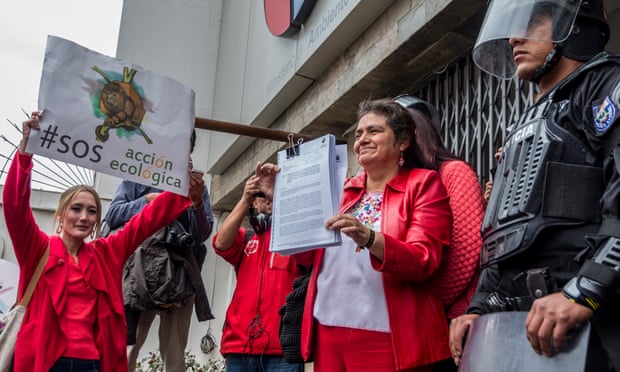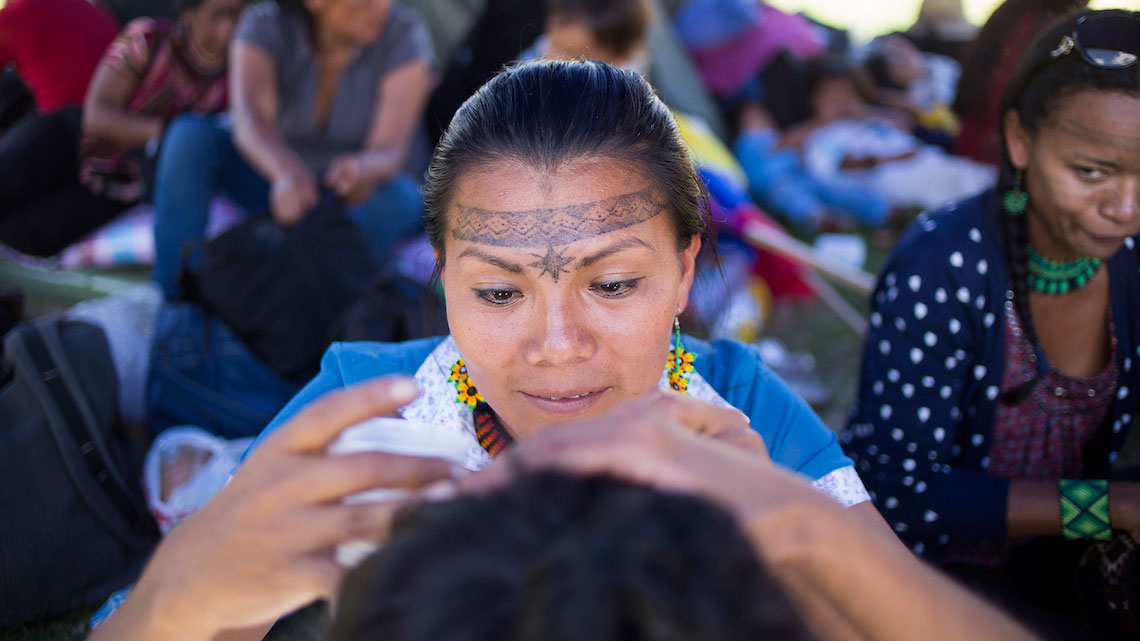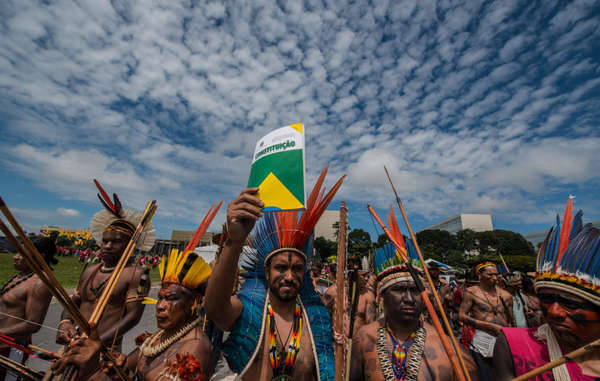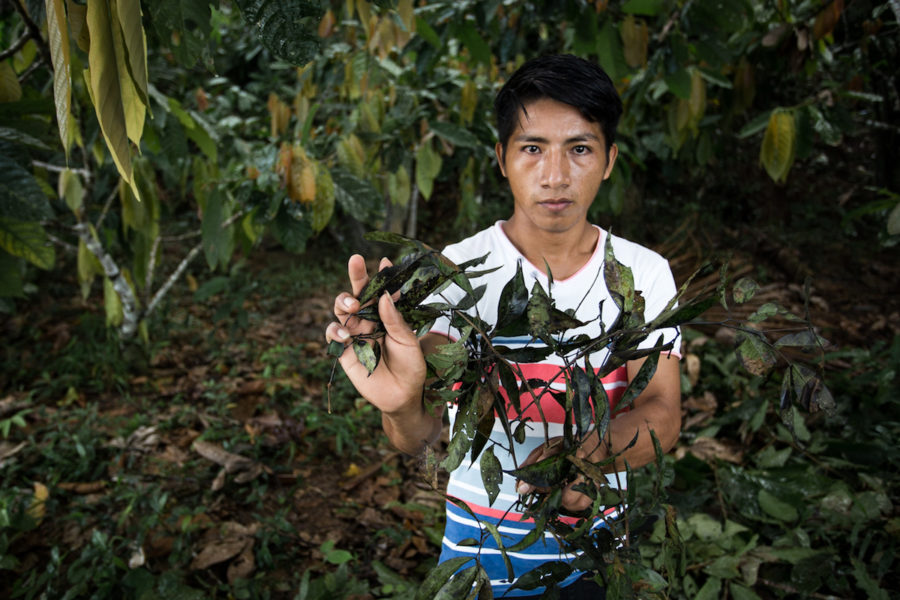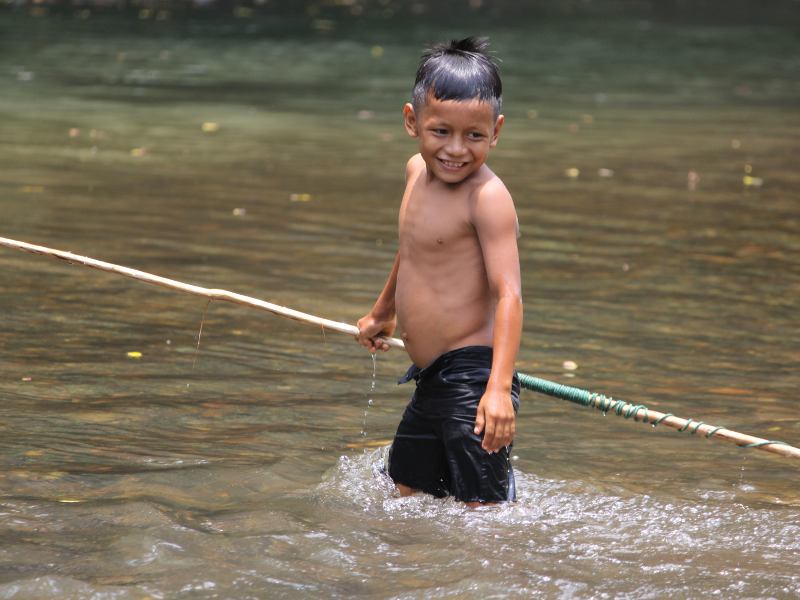Before dawn on the Dec. 21, 2016, dozens of police raided the headquarters of the Shuar Federation (FISCH) in the Ecuadorian Amazon and arbitrarily detained its president, Agustin Wachapá. The indigenous leader was thrown to the ground and repeatedly stamped on and ridiculed beneath the boots of police in front of his wife. The police then razed the Shuar Federation’s office—turning over furniture and carrying away computers. According to the indigenous leader's wife, her husband was taken away without any kind of explanation. An arrest warrant for Wachapá was never presented.
Agustin Wachapá has since been accused of publicly calling for the mobilization and violent resistance of the Shuar communities against state security forces in San Juan Bosco, where the indigenous community in Nankints was evicted and had their homes demolished against their will to make way for the Chinese Explorcobres S.A. (EXSA) open-cut copper mine. In the two months since the forced eviction, members of the communities surrounding Nankints have twice ... Read More











:format(webp)/cdn2.vox-cdn.com/uploads/chorus_image/image/52744239/_MG_0080_WebReady.0.jpg)
